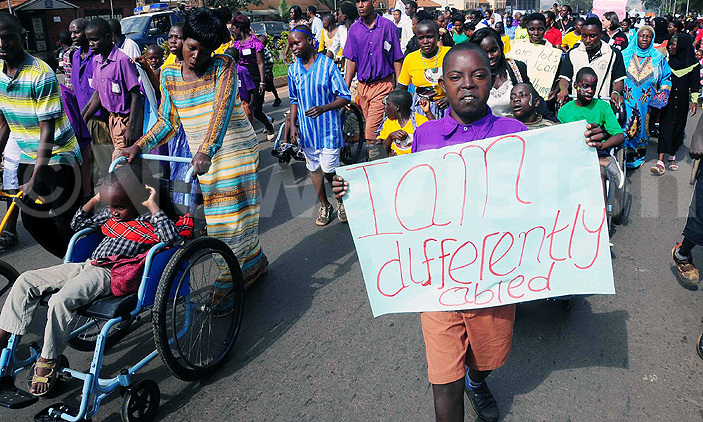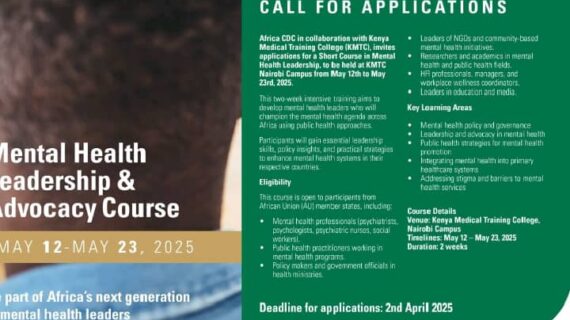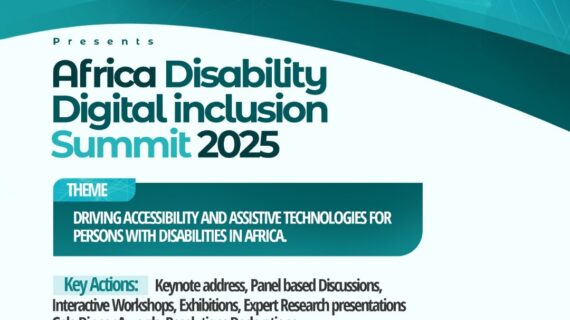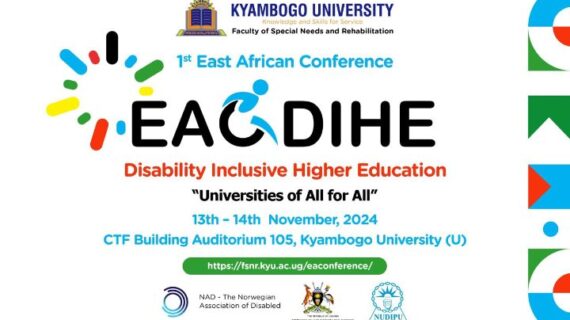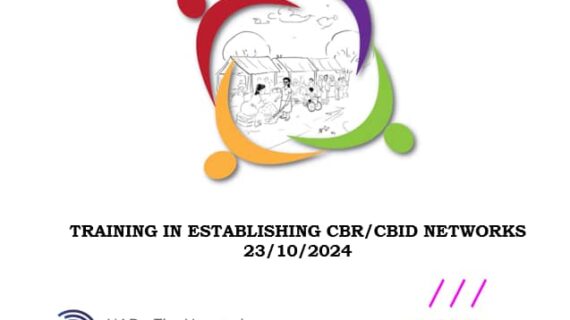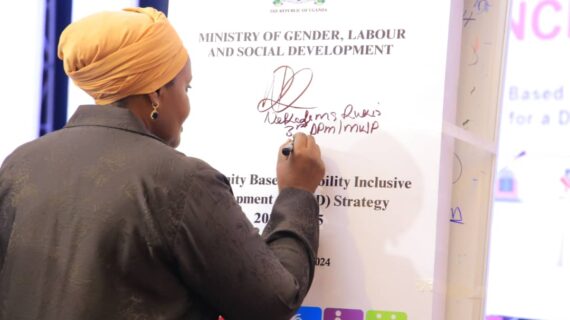International Day of Persons with Disabilities
Theme for 2016: Achieving 17 Goals for the Future We Want
United Nations’ (UN) International Day of Persons with Disabilities is annually held on December 3 to focus on issues that affect people with disabilities worldwide.
The theme for this year’s International Day is “Achieving 17 Goals for the Future We Want”. This theme notes the recent adoption of the 17 Sustainable Development Goals (SDGs) and the role of these goals in building a more inclusive and equitable world for persons with disabilities.
Observance of the 2016 IDPD coincides with the 10-year anniversary of the adoption of the CRPD – one of the most quickly and widely ratified international treaties put forth by the United Nations to date. The Day will take stock of progress since the Convention’s adoption in 2006 and will reflect on the 166 ratifications it has earned thus far. Events at the IDPD 2016 will emphasize efforts toward universal ratification of the CRPD, ideas for the continued advancement of the goals of the convention, and reflection on the challenges that remain toward the full realization of the CRPD’s goals.
International Day of Persons with Disabilities is used for holding discussions, forums and campaigns relating to disability, and communities are encouraged to organize meetings, talks, and even performances in their local areas. These can range from hosting a musical to a play, with disabled people being involved in these productions. The overall aim is to show non-disabled people that a person with a disability can be a vibrant member of society, as it happens that the entirely healthy are not always quite aware of this fact, which can lead to different kinds of discrimination of varying degrees of severity. The disabled, on the other hand, benefit from such performances by proving to themselves that there are many things they can still do, despite their conditions, which can help with their self-esteem and avoid mental issues such as depression from plaguing them. In general, these kinds of events are meant to challenge them and get rid of various stereotypes so that disabled people can enjoy lives free of discrimination and additional hardship.
A disability may be physical, cognitive, mental, sensory, emotional, developmental, or some combination of these. A disability may be present from birth or occur during a person’s lifetime. “Disability” is an umbrella term, covering impairments, activity limitations and participation restrictions. An individual may also qualify as disabled if he or she has had an impairment in the past or is seen disabled based on a personal or group standard or norm.

